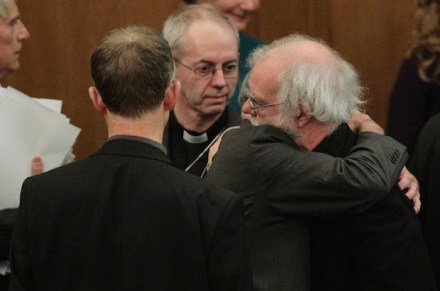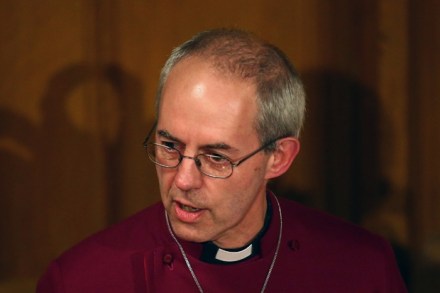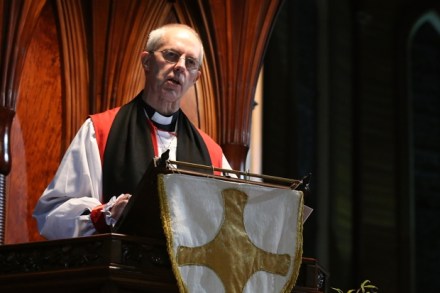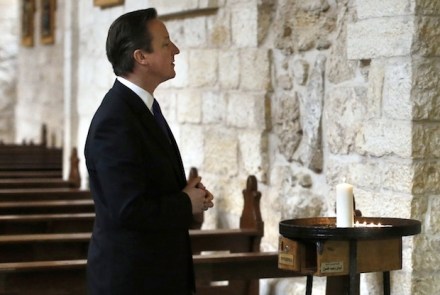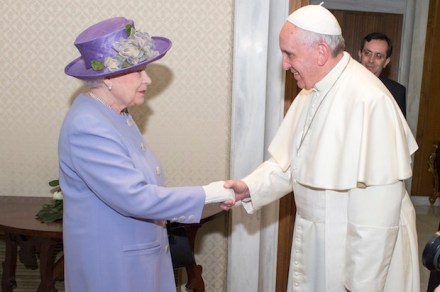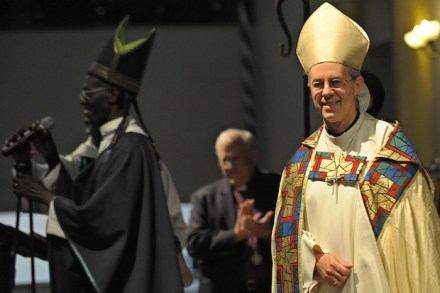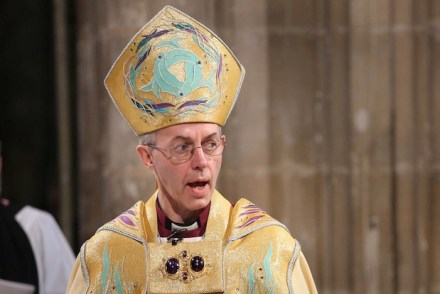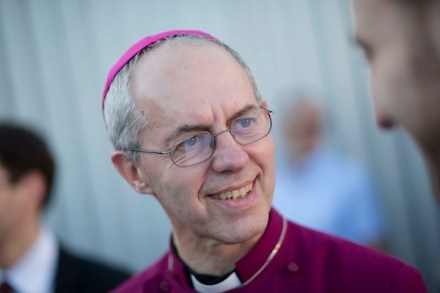Why are there so many fat people in pictures of food banks?
Were you aware that the famous actor Andy Garcia was born with a foetus growing out of his left shoulder? It was removed from him when he was a toddler. I had not known this and I am unhappy that some sort of conspiracy, some wall of silence, was constructed to keep this news from the paying public. I watched The Untouchables in blissful ignorance of the fact; had I known I would have picketed the cinema. Come clean about the dead foetus, Garcia! I am aware of the foetus business now only because I stumbled across an excellent website entitled ‘25 Celebrities With Hideous Physical Deformities’, and Garcia was




